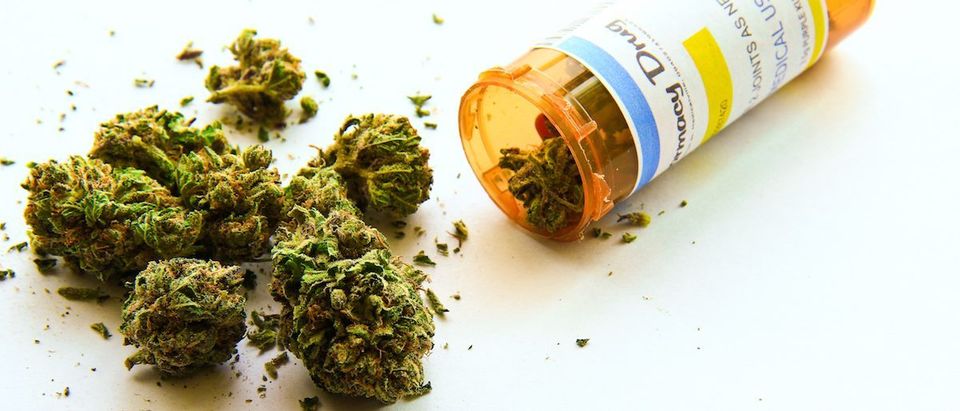Proponents of medical marijuana and research into the drug’s viability for opioid addiction treatment are concerned over what President-elect Donald Trump means for the future of the industry.
Medical marijuana is legal in 28 states and Washington, D.C., where it is also legal for recreational use, and momentum for further legalization appears to be accelerating. State legislators are growing anxious, however, that local autonomy may not be respected by Trump’s pick for attorney general, Sen. Jeff Sessions of Alabama. Sessions is a staunch opponent of marijuana reform and some activists worry his appointment may lead to further raids in states where marijuana is legal. Officials in Connecticut are particularly concerned with what the climate means for research into treating opioid addiction with marijuana, reports the Hartford Courant.
Marijuana’s designation as a Schedule I drug means federally approved research is difficult to attain. Connecticut is currently conducting two studies, one with federal funds and another at the state level, investigating marijuana’s potential benefit as an alternative painkiller in light of America’s opioid epidemic.
Health officials and state politicians are speaking out now, making it clear to the incoming administration they will fight to keep their research programs running.
“The reason this research is so critically important is that it offers hope of a nonaddictive means of effective pain management that can avoid overuse of powerful opioid prescriptions and lifetimes of addiction,” Sen. Richard Blumenthal, a Connecticut Democrat, said at a press conference Friday, according to the Hartford Courant. “It’s treatment, not tripping.”
Blumenthal suggested that Sessions and Trump should think twice about making federal marijuana policy any stricter than it was under President Barack Obama, given that a majority of Americans support legalization. (RELATED: Marijuana May Help Treat Opioid, Alcohol Addictions)
Marijuana activists won major ballot victories on Election Day in states across the country. Medical marijuana legalization passed in Florida with 71 percent support and also secured passage in Arkansas and North Dakota. Voters in Maine, Nevada, California and Massachusetts all approved measures to legalize marijuana for recreational use.
Researchers from the University of British Columbia studied the relationship between marijuana-use and mental health and tested its interaction with different illnesses. The findings, published in Clinical Psychology Review in November, suggest marijuana is a helpful tool for those suffering addictions to more harmful substances, like prescription painkillers.
While no definitive conclusions can be drawn from the research, it adds to a small pool of evidence helping psychologists determine whether marijuana can be used in patient treatment. This comes at a time when the opioid epidemic is ravaging states across the United States.
A record 33,000 people died from opioid overdoses in 2015. Health officials with the Centers for Disease Control and Prevention revealed Dec. 8 that for the first time ever, there were more deaths related to heroin than gun homicides or suicides in 2015.
All content created by the Daily Caller News Foundation, an independent and nonpartisan newswire service, is available without charge to any legitimate news publisher that can provide a large audience. All republished articles must include our logo, our reporter’s byline and their DCNF affiliation. For any questions about our guidelines or partnering with us, please contact licensing@dailycallernewsfoundation.org.


